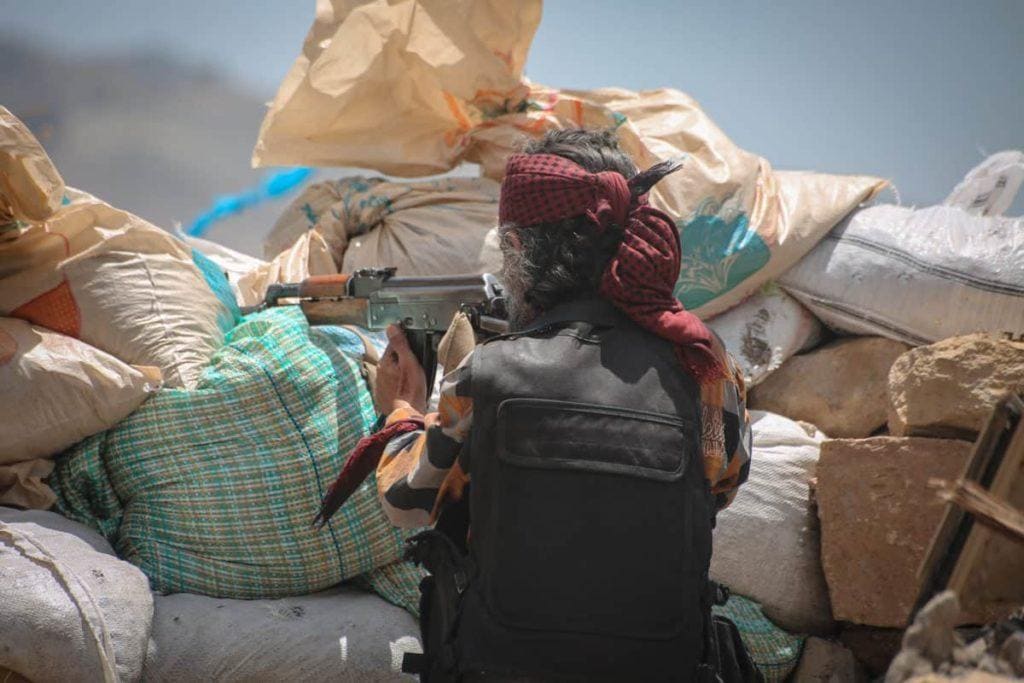Will Biden’s Syria Airstrike Deter Iranian-Backed Militias in Iraq?

Originally published by The National Interest
Biden’s decision to strike Iranian assets in Syria was the right call.
On February 26, the United States carried out an airstrike in eastern Syria targeting facilities used by Iran-backed militias in retaliation for recent rocket attacks on U.S. military sites in Iraq. In the first military action taken by President Joe Biden, two U.S. Air Force F-15E aircraft fired seven missiles into a border-crossing station, destroying buildings used by Kataib Hezbollah and Kataib Sayyid al-Shudada, prominent Iran-backed Shiite militia groups in the region. Pentagon spokesman John Kirby defended the decision to strike these Syrian targets as “authorized in response to recent attacks against American and collation personnel in Iraq.”
- America’s Supercarriers Are Back in Force in the Pacific - December 30, 2025
- Israel’s $2 Iron Beam Laser Could Disrupt Missile Warfare - December 23, 2025
- US Stands Up New Drone Strike Force in the Middle East - December 9, 2025
